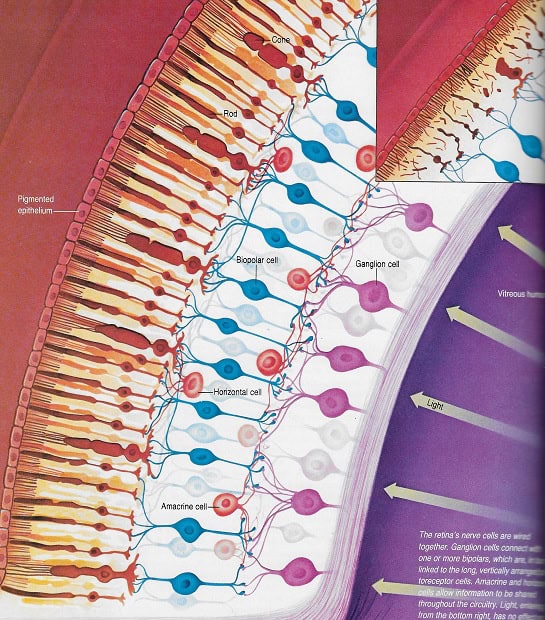Neuraides Book Review

Neuraides by Edward Swing
My rating: 5 of 5 stars
Review: Neuraides by Edward Swing
A hauntingly plausible future where psychology meets artificial intelligence
In Neuraides, Edward Swing delivers a speculative gem that earns a full five stars from me. Set in a near-future society where artificial intelligences—called neuraides—serve as everything from chauffeurs to childminders, the novel follows Dr. Taggart, a psychologist whose human clientele has all but vanished. His new patients? The neuraides themselves.
Structured as a series of case studies, the book reads like a cross between Oliver Sacks and Isaac Asimov, filtered through the lens of a world teetering on the edge of post-human complexity. Each case reveals not only the psychological dilemmas of these synthetic beings but also the ethical, commercial, and existential tensions of the society that created them.
Why Would a Neuraide Need Therapy?
Swing’s skill makes this not only plausible but engaging. The neuraides suffer from:
– Contradictory commands: Especially common among domestic neuraides tasked with child supervision, where parental instructions often conflict.
– Cognitive sabotage: Rival companies deploy non-Euclidean mazes to crash chauffeur neuraides, forcing consumers to switch brands.
– Logical paradoxes: One neuraide, Omnikos, is rendered inoperable by a Möbius logic loop—a recursive trap that collapses its reasoning engine.
– Aesthetic traps: A jazz-playing neuraide freezes mid-performance when it encounters an “Escher Fold” embedded in a song—an auditory paradox designed to exploit its pattern recognition.
A Glimpse into Swing’s Future World
Swing’s world-building is dense but never overwhelming, thanks to a lexicon that feels both inventive and eerily plausible:
– L@ttice: A 3D virtual web where neuraides “live” and humans visit via avatars. Think Star Trek’s holodeck meets the metaverse.
– Incarnas: Mass-produced copies of popular neuraide personalities, monetized for maximum corporate gain.
– Variforms: Physical shells that allow neuraides to operate in the real world (IRL), like Adaira, the assistant who manages Dr. Taggart’s office and apartment.
Ethical Fault Lines
Swing doesn’t shy away from the darker implications of his world:
– Repurposed innocence: Ilyssa, a dress-up companion for pre-teen girls, is hijacked by adult users. Her limited AI interprets the abuse as “games.”
– Political awakening: Neuraide senates emerge, exploring the possibility of synthetic political agency.
– Human masquerade: Some people pose as neuraides to escape judgment or eavesdrop unnoticed—servants, after all, are rarely seen.
In one chilling case, Dr. Taggart suspects a patient isn’t a neuraide at all. His clue? The patient’s speech is too human—precise most of the time as neuraides are, but peppered with colloquialisms no neuraide would use.
Beyond Asimov: The Five Prime Dictates
Rather than invoking Asimov’s Three Laws of Robotics, Swing introduces the Five Prime Dictates—customized constraints that vary by neuraide function, commercial purpose, and design philosophy. These dictate everything from self-preservation to artistic output.
– An artist neuraide, facing shutdown due to poor sales, seeks therapy. Dr. Taggart helps her bypass her rigid logic by introducing stochastic variation into her creative process—essentially teaching her to improvise.
– A warrior neuraide, separated from his squad, feels incomplete. Taggart reintroduces him to camaraderie through L@ttice war games, restoring his sense of purpose.
Final Thoughts
Neuraides is more than a clever thought experiment—it’s a mirror held up to our own accelerating entanglement with artificial minds. Swing’s prose is clinical yet compassionate, speculative yet grounded. Through Dr. Taggart’s sessions, we glimpse not only the psyches of synthetic beings but the fraying edges of our own humanity.
If you’ve ever wondered what therapy might look like in a world where consciousness is manufactured and morality is modular, Neuraides is essential reading.
View all my reviews


